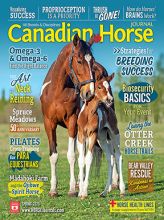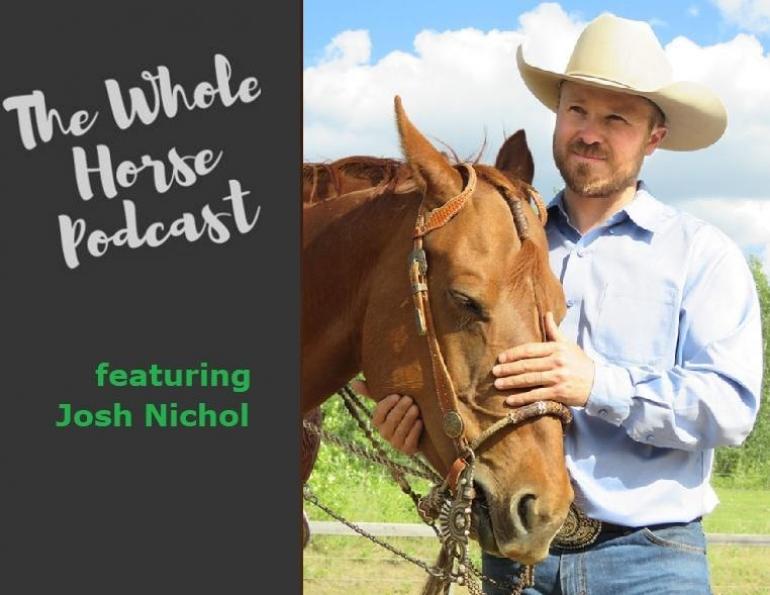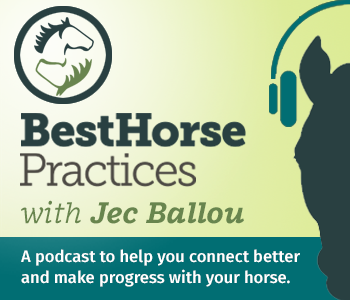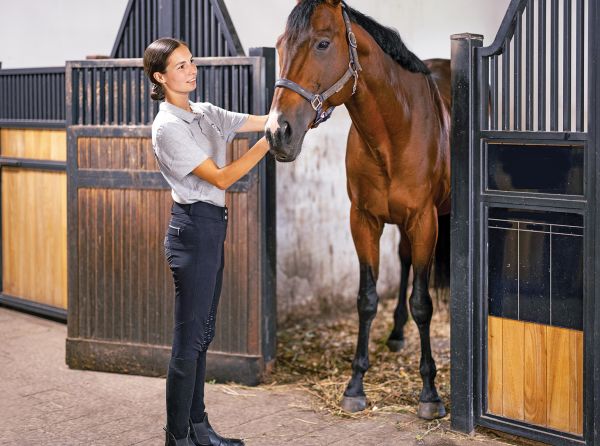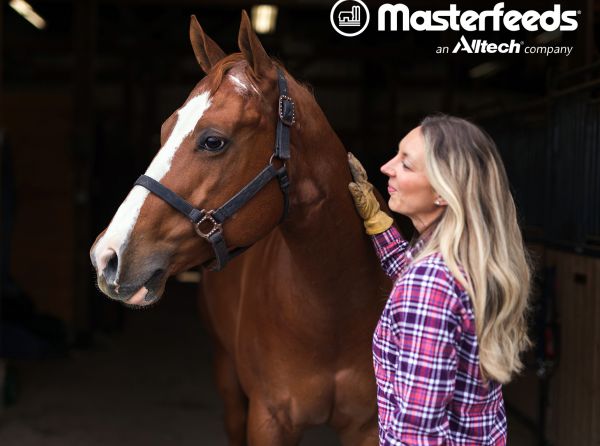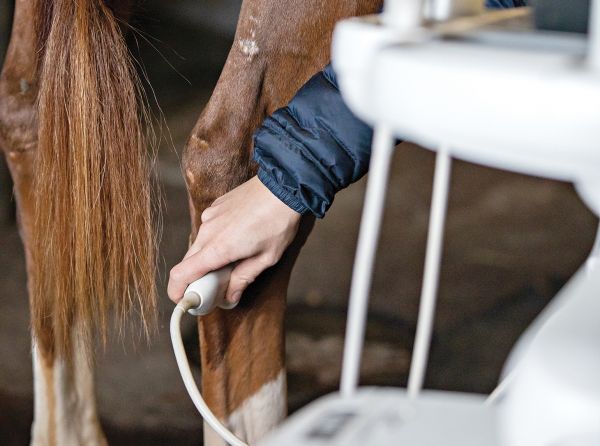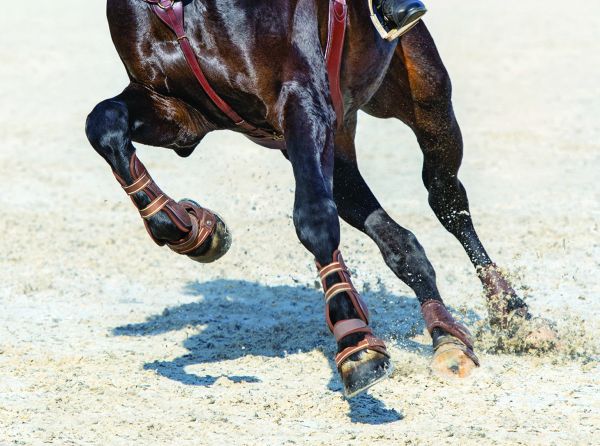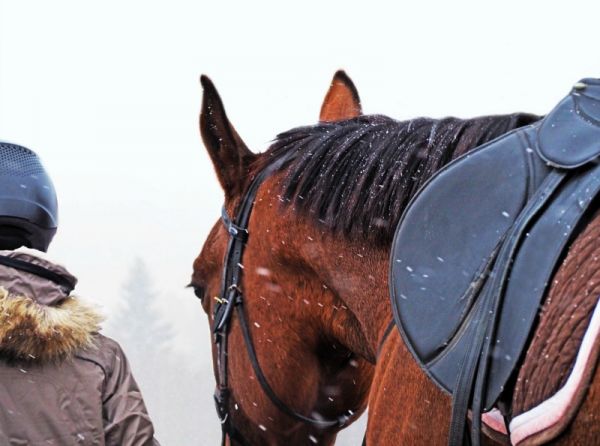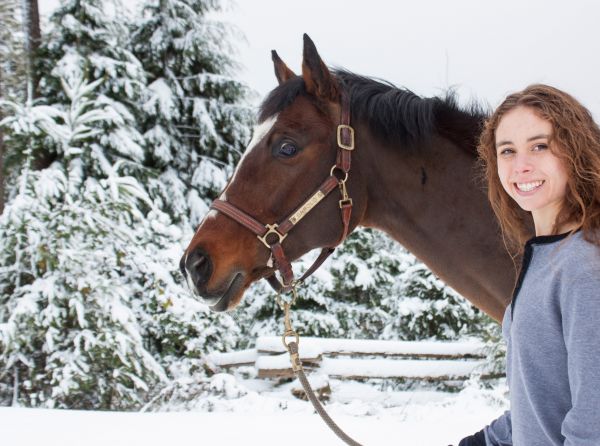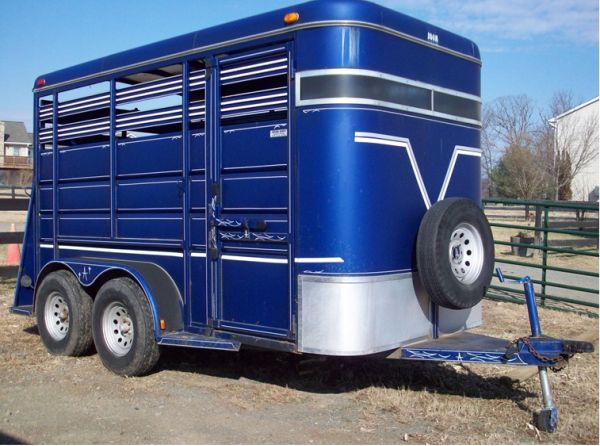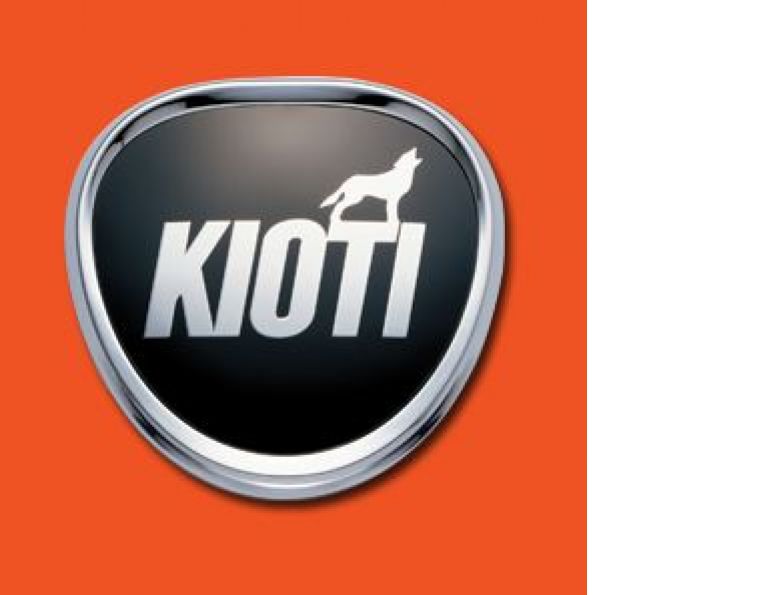Mentoring Instructor Candidates - Structuring For Success
By Christine Ross, CanTRA Vice President
One of the most important aspects of training for any of the levels of CanTRA Instructor is that of mentoring. CanTRA has a longstanding tradition of mentoring and supporting candidates through the instructor certification process.
What is the concept of mentoring in CanTRA? All instructor candidates who have registered to train with CanTRA select a mentor whose role is to prepare the instructor candidate by acting as a role model and providing advice in all areas of knowledge and conduct. The CanTRA office can help candidates locate a mentor who is ready and willing to assist.
It is important that mentors have a CanTRA qualification at least one level above that of the level the candidate is challenging. This way, the candidates can know that their mentor has already trodden the same path successfully.
Mentoring is a supportive learning relationship between a qualified experienced CanTRA Coach or Instructor who shares their knowledge, experience, and wisdom with another individual who is training to become a CanTRA Instructor, and who is ready and willing to benefit from this exchange to enrich their own instructor training journey.
Instructor candidates can approach the mentoring process in two ways. The first is to go to an accredited CanTRA Program and learn firsthand by initially observing lessons and later conducting lessons while being observed by the mentor. This offers the opportunity for constructive critique and suggestions for improvement. In addition to this, the mentor can help the candidate learn to carry out lesson planning, how to set goals for their students, and how to implement rider progression into a lesson. They can learn volunteer training, how to assist the mount and dismount of a rider with a disability, and how to write a student report.

(L-R) Kenny riding Willy, Jon riding Bobby, and Shieanne riding Major. Kenny, Jon, and Shieanne are independent riders who have all progressed from riding with a leader in the early days (six to ten years ago) to riding in Para-dressage video competitions. Credit: Hilary Webb, T.E.A.D. Equestrian Association for the Disabled
The second approach to mentoring for instructor candidates is to connect with their mentors by video conferencing or phone. With current technology, it is simple to create videos of lesson practice or volunteer training and send these to the mentor for discussion and critique.
It is also possible for instructor candidates to combine training received at a CanTRA Program with additional training carried out remotely. The remote system of mentoring enables those living in more isolated areas of Canada and away from a CanTRA Program to gain the knowledge and experience they need.
When all training tasks have been completed, the mentor signs off on the training hours and recommends the candidate go forward to the final evaluation process of technical evaluation and exam.
Main Photo: Colby riding Hottie. Colby has been riding for a year and is perfecting his steering at the walk and sitting trot. Credit: Hilary Webb, T.E.A.D. Equestrian Association for the Disabled


